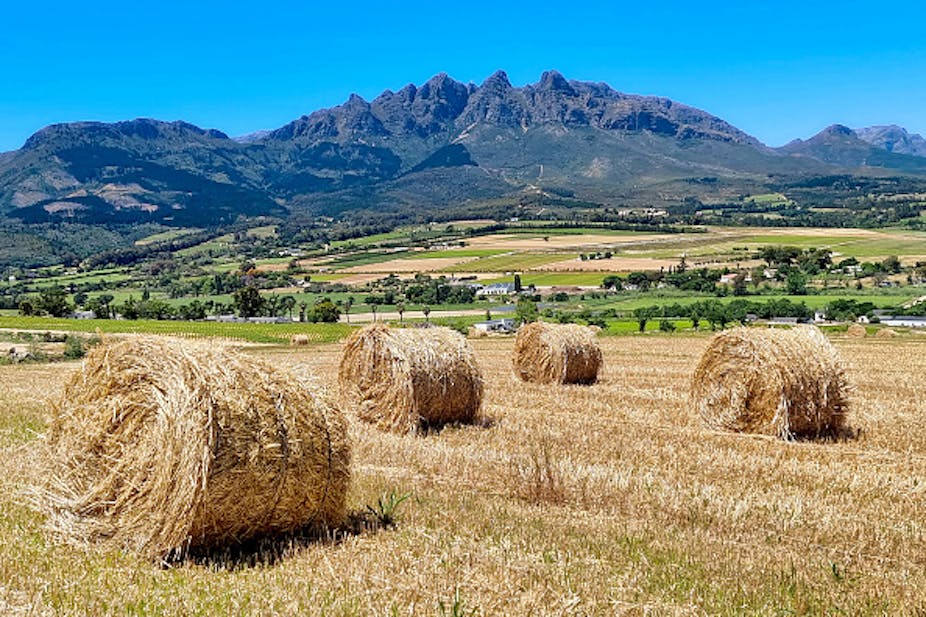Promesses et réalités de la formalisation foncière en Afrique
La formalisation des terres - en tant que type de réforme foncière - a-t-elle tenu les promesses d'amélioration de la sécurité foncière, de la productivité agricole et de l'accès des femmes à la terre ? Apprenez-en plus dans ce reportage.
Promesses et réalités de la formalisation foncière en Afrique
Dans cet artcle, nous passons en revue la littérature et les expériences sur les réformes foncières en Afrique, et en particulier sur la formalisation des terres, afin de répondre à la question suivante : ont-elles tenu leurs promesses en matière de sécurité foncière, de productivité agricole et d'accès des femmes à la terre ?
South Africa: R17.3bn agriculture, land reform budget must also benefit people in rural areas
Ido Lekota is a former Sowetan political editor.
Agriculture, Land Reform and Rural Development Minister Thoko Didiza tabled a R17, 3 billion budget in the past week to help support food security in the country.
Didiza said the money will be distributed through a range of programmes, including the commercialisation of black farmers through land development support.
"If you look at the R17.3bn of our budget, the majority of that is transferred to provinces dealing with food security," she said.
Black farmers in South Africa need support: how it could be done
Nick Vink and Johann Kirsten
Most countries in both the rich and the developing world have some sort of programme to help early career farmers (mostly, but not exclusively young people) to get established in a farming or agribusiness enterprise. South Africa sticks out like a sore thumb, even against many African countries, in not having such a programme.
In our view, subsidies for black farmers in South Africa are justified. This is because they would help deliver a more inclusive agricultural sector and correct past racial biases.
Call for Papers: Building Power, Deepening Democracy: Global Perspectives on Environmental Justice
Submission Deadline: All manuscripts should be submitted for consideration by December 31, 2021.
The global environmental crisis is intertwined with the crisis of social and economic inequality. From coal plants to palm oil plantations, economic activities that threaten the planet are concentrated in communities with less power and wealth. “You can’t have climate change without sacrifice zones,” writes Hop Hopkins, “and you can’t have sacrifice zones without disposable people.”1
Women’s Tenure Rights and Land Reform in Angola
By Allan Cain, Development Workshop Angola
* This article was originally published as part of the online discussion on customary law in Southern Africa
State Politics & the Customary Power of Chiefs in Zimbabwe
By Phillan Zamchiya, Institute for Poverty, Land and Agrarian Studies (PLAAS)
* This article was originally published as part of the online discussion on customary law in Southern Africa
What landmark Kwazulu-Natal court ruling means for land reform in South Africa
By Ben Cousins, Emeritus Professor, Institute for Poverty, Land and Agrarian Studies (PLAAS), University of the Western Cape
* This article originally appeared in the The Conversation on 22 June 2021
Au cameroun, l’adoption du LANDEX redonne espoir
Le Ministre en charge du foncier du Cameroun adopte le LANDex comme un outil devant servir à l’établissement de la situation de référence en matière foncière




